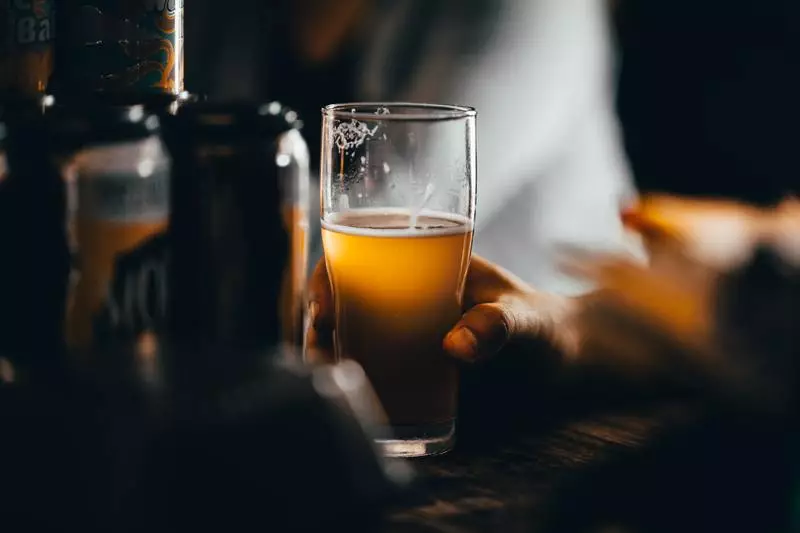Alcohol is a toxin to the body. It is not able to be processed by your body to use for energy or nutrients. That means it is the job of the kidneys to remove this waste product from your system. In some cases, such as when a person uses alcohol on a consistent basis, the high amount of alcohol present in the body can lead to numerous health complications. One of those complications may be related to your kidneys. Let’s discuss how alcohol impacts your kidneys and whether it can cause kidney failure.
How Much Alcohol Is Too Much?
Drinking a glass of wine or having a beer infrequently is not likely to cause significant damage to your body’s organs. However, excessive drinking can. That’s defined as:
- Four or more drinks a day
- Drinking more than a few times a week
- Drinking numerous drinks in a single sitting – even if you do not do this more than once a week
Many people drink alcohol and suffer from complications when they drink excessively. Binge drinking, for example, can be a problem for your body. In binge drinking, a person consumes a large amount of alcohol in a short amount of time. This overloads and taxes the kidneys, making it nearly impossible for them to function normally. That can lead to the sudden onset of kidney failure.
What the Kidneys Do
The job of the kidneys is to filter out harmful toxins from the body. It removes toxins that the body cannot use, allowing you to urinate them out. However, the kidneys need time to do this. When the body is overloaded with toxins, such as from binge drinking, it’s not possible for them to remove all of those toxins. Many of them remain in the bloodstream. This is why people become intoxicated – the kidneys are not able to remove all of the alcohol present, and that means more of it reaches the brain, where it can cause the sensation of being intoxicated.
The kidneys continue to try to filter the blood even then. The alcohol present causes changes in the function of the kidneys. They cannot keep up, and that means less and less of the waste products in the bloodstream are removed properly.
What Else Can Happen?
There are other ways alcohol can impact the kidneys as well. For example, alcohol impacts the production and regulation of hormones in your body. The direct result of this is that your body isn’t able to regulate many important functions. In some situations, alcohol can also impact blood pressure. If you have high blood pressure, you may find that this can impact the function of the kidneys as well.
Over time, all of this damage to the kidneys compounds. While they are hard-working organs, the kidneys can begin to fail when this type of constant use of alcohol occurs. This can lead to kidney failure, which means the organs are no longer able to meet the body’s needs. As a result, you may need dialysis or a kidney transplant in order to remain healthy.
Addressing the Underlying Problem
While kidney failure itself is life-threatening, many people who have an alcohol use disorder simply are unable to stop drinking. Even though they may want to and they see the benefits of doing so, they may not be able to stop because of their addiction and dependence on the substance.
Here are some signs that you may need treatment for alcohol addiction:
- You drink often, even daily.
- You feel like you cannot get through the day if you do not use alcohol on a consistent basis.
- It’s not uncommon for you to hide how much you are drinking, when you are drinking, or what you are drinking.
- Alcohol has become a necessary tool for you to help to reduce stress or to deal with past trauma, emotional pain, or agitation.
- When you try to drink, you fail to do so. Or, you cannot control how many drinks you have.
If this is what’s happening to you, now is the time to do something about it. That may mean entering into treatment at a substance use disorder treatment center, like 1st Step Behavioral Health.
One of the most important things to know is that kidney damage from alcoholism may improve if you stop using again. However, that’s not likely to happen if you continue to drink over a long period of time. The sooner you get help, the more likely you are to heal.
Are Your Facing Health Challenges from Alcohol Consumption? Get Help Now
Addiction treatment is available to you, and it can make a substantial difference in your future. Contact our admissions team at (866) 971-5531 to discuss your options. We’re here to help.

